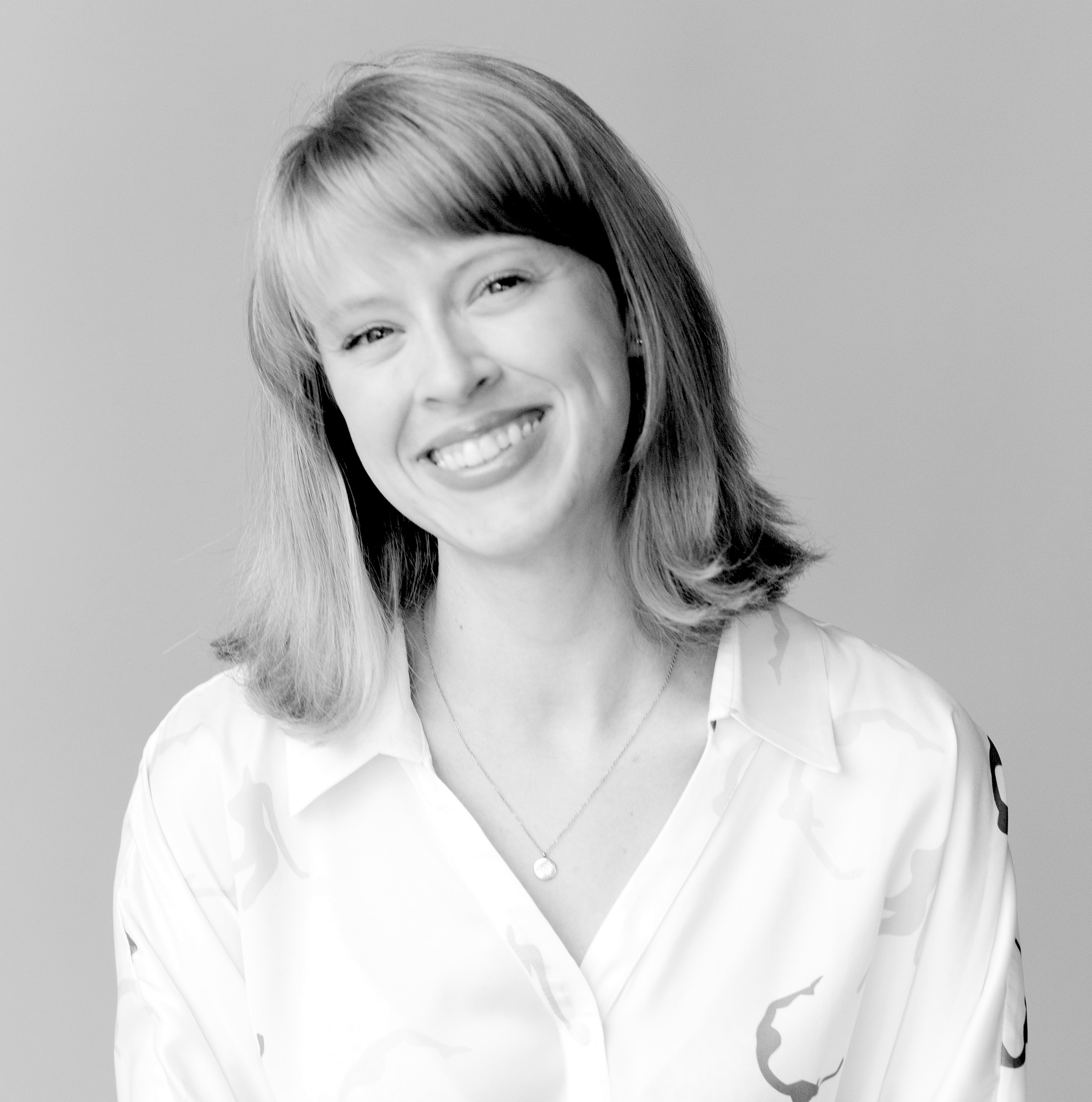
My Irregular Period Taught Me There Is No “Normal”
Periods Don’t All Look The Same.
There’s a narrative that says a menstruating person must have a regular period. Yet, the Academy of American Family Physicians estimates that up to 14 percent of people with periods experience irregular bleeding. I am one of those people.
I was a late bloomer, and an irregular one, too. When I joined the ranks of menstruation at age 14, I felt like I had blossomed spectacularly into adulthood. I put on a brave face and eagerly awaited my next period—but it didn’t come.
“While my friends were griping about their monthly cramps, I was left confused and woefully underprepared for the next surprise visit.”
I waited over six months before I menstruated again. While my friends were griping about their monthly cramps, I was left confused and woefully underprepared for the next surprise visit. (Did I also complain occasionally about fake cramps just so people wouldn’t think I was abnormal? Yes, yes I did.)
This irregularity continued for all of my adolescence. My sweater became an appendage, even in my home state of Indiana’s sweltering heat. I never knew when I’d need it next, to tie around my waist and hide the stains on my pants.
The “body books” I read in adolescence never even mentioned this as a possibility. I felt like a forgotten outlier because my body didn’t work the way it was supposed to. I didn’t bleed on a schedule, so I called myself “broken” or “not normal.” It was language soaked in shame, but I blamed myself—I thought it was my fault my body wasn’t functioning in the way textbooks said it should.
Conversely, when I did get my period, I felt shameful for that too. Dirty, even. I asked for pads and tampons in hushed voices, often allowing myself to bleed through panties and pants instead of making a simple (yet terrifying) request. Don’t even get me started on having to purchase tampons in public.
“I was surrounded by messages that menstruation made me unclean. Yet I was also told I was ‘abnormal’ for not having a 28-day cycle.”
I was surrounded, like many of us, with messages that menstruation made me unclean. Yet I was also told I was “abnormal” for not having a 28-day cycle, and that it was something that needed “fixed.”
I began to internalize both of these messages, believing that I was just inherently bad. I felt the stress of it all in my body—the pressure to fix myself, the mortifying sound of a tampon wrapper rustling in my sleeve. The only cycle that was regular for me was one of shame.
It wasn’t until my late 20s that a therapist questioned how I spoke about my body. “What if you just looked at the facts, without judgment?” This lightning bolt of objectivity shook me. I could do that? I realized then that I needed to release the idea of how my body “should” function so I could finally focus on how it did function. This shift in thinking allowed me to unwrap myself from all that self-criticism and finally expand into the woman I wanted to be—on my own terms.
I look back at that teenager with so much tenderness, the young girl trying to reason her existence against what was “normal.” Now that I’ve had an irregular period for more than half my life, I’m wondering why—periods or not—we have to live in this shame all the time.
“Your worth is not measured in menstrual cups.”
Is having an irregular period something to be concerned about? Maybe. Talk with your doctor about it. I encourage you to explore all your avenues—and remember, you are your best advocate. But, for now, that’s not the point.
The point is your worth is not measured in menstrual cups. Your worth is inherent, whether you never bleed, or you bleed a lot, or you bleed only sometimes and make a mess (like me!).
These days, I’m much more equipped with the experience and vocabulary I can use to get the care I need. So instead of fearfully ignoring what I was told is a “defect” in my bodily functions, I proactively seek answers.
I am now my body’s best defender. I’ve said no—and yes—to tests and medicines that I felt comfortable with at the moment. Even still, nothing has solved the mystery—ultrasounds, thyroid treatment, hormonal birth control. I’ve lived for years in the silence of unanswered questions, especially about fertility, growing more used to uncertainty as time goes on.
But the most beautiful part of it all is that I feel more in touch with what is normal for my body and what is not. And that’s the key—what is normal for my body may not be normal for yours.
“I feel more in touch with what is normal for my body and what is not. And that’s the key—what is normal for my body may not be normal for yours.”
Being a human is messy, having a body can be lonely, and navigating womanhood isn’t as graceful as it’s made out to be. Bodies are constantly fluctuating, growing, and changing—the only way we’re going to get through these changes is if we extend empathy and acceptance for all of the bodies around us. (Whenever I’m feeling particularly yucky, I like to remind myself that at the end of the day—we’re all gross.)
I ground myself on this fact: I am more than this body. My body does not, and cannot, make me bad. And I am not the body I have; my body is the vessel that carries who I am in this world.
And that truth will move me forward—on my own (irregular) timeline.
RELATED READING
Emily Torres is the Managing Editor at The Good Trade. Born and raised in Indiana, she studied Creative Writing and Business at Indiana University. You can usually find her in her colorful Los Angeles apartment journaling, caring for her rabbits, or gaming. Read more of her creative writing over on Notes To Self!

